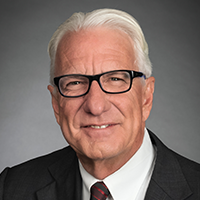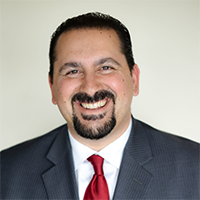The Importance of Client Communications – Tips for Young Attorneys
Ethics for New Lawyers
The Importance of Client Communications – Tips for Young Attorneys

Crowley Law Group
Inadequate client communication is typically one of the top complaints to the State Bar every year. This is unfortunate because keeping clients informed of developments in the representation is one aspect of the practice of law we can actually control.








